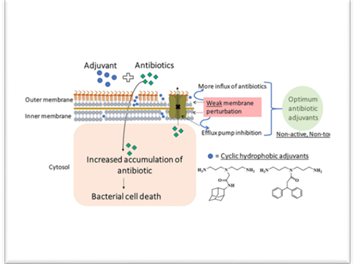A recent study has revealed that obesity at the time of cancer diagnosis in children may significantly impact their survival rates. The findings, published in the journal Cancer, underline the pressing need to address childhood obesity to improve health outcomes.
According to data from the World Health Organization (WHO), over 390 million children and adolescents aged 5–19 years were classified as overweight in 2022, including 160 million who were living with obesity. Obesity is a known risk factor for several non-communicable diseases, including diabetes, hypertension, and cancer.
“Our study highlights the negative impact of obesity among all types of childhood cancers. It provides the rationale to evaluate different strategies to mitigate the adverse risk of obesity on cancer outcomes in future trials,” said Thai Hoa Tran from the Centre Hospitalier Universitaire Sainte-Justine in Montreal, Canada.
The research team conducted a retrospective analysis of 11,291 children aged 2 to 18 years who were newly diagnosed with cancer between 2001 and 2020 in Canada. Of these patients, 10.5% were obese at the time of diagnosis.
The study found that children with obesity had lower survival rates compared to their peers without obesity. The 5-year event-free survival rate was 77.5% for obese patients, compared to 79.6% for non-obese patients. Similarly, overall survival rates were 83.0% for obese children versus 85.9% for those without obesity.
After adjusting for variables such as age, sex, ethnicity, neighborhood income, treatment era, and cancer types, the researchers found that obesity at diagnosis was associated with a 16% higher risk of relapse and a 29% increased risk of death. The negative impact of obesity on prognosis was particularly notable in children with acute lymphoblastic leukemia and brain tumors.
“The study also reinforces the urgent need to reduce the epidemic of childhood obesity as it can result in significant health consequences,” Tran added.
This research emphasizes the importance of addressing childhood obesity, not only to prevent chronic diseases but also to improve outcomes for children diagnosed with cancer. Further studies and interventions targeting obesity reduction may play a vital role in enhancing survival rates and quality of life for young cancer patients.












